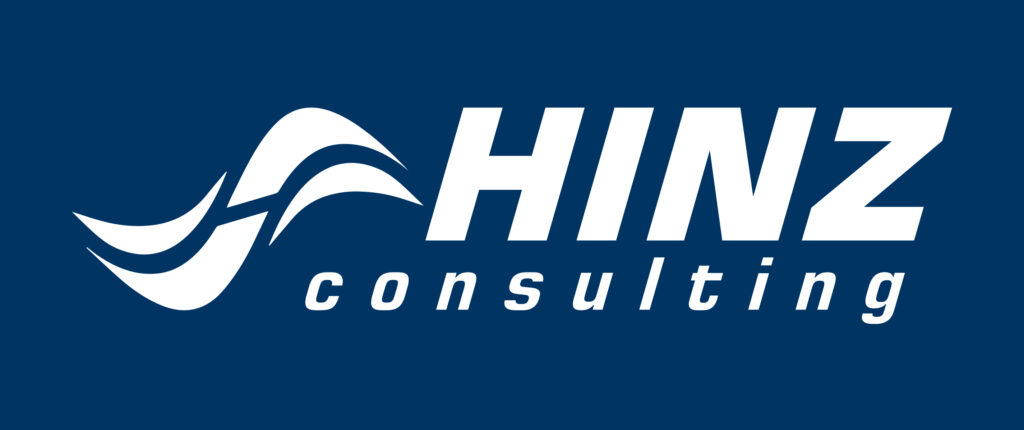While AI can be a powerful tool in various aspects of business, proposals that rely solely on AI may face certain challenges and limitations. Here are some reasons why proposals may fail if they rely exclusively on AI:
Lack of Human Touch:
AI, by its nature, lacks human emotions, intuition, and empathy. Proposals that only rely on AI may come across as impersonal and fail to connect with the emotional aspects that are often crucial in business relationships.
Inability to Understand Nuances:
AI systems, while advanced, may struggle with understanding subtle nuances, context, and cultural intricacies that humans can easily grasp. This can result in misinterpretation and miscommunication in proposals.
Limited Creativity:
AI is excellent at processing data and generating responses based on patterns, but it may struggle with creativity and thinking outside the box. Proposals often require creative thinking, especially when addressing unique challenges or proposing innovative solutions.
Risk of Over-Reliance:
Depending solely on AI may lead to over-reliance on algorithms and automation, potentially ignoring critical human insights and expertise. Human judgment is often needed to make nuanced decisions and navigate complex business situations.
Inability to Build Relationships:
Building strong business relationships often involves personal interactions, trust-building, and understanding the unique needs of clients. AI may not be equipped to handle the interpersonal aspects of relationship-building effectively.
Ethical and Bias Concerns:
AI systems may inadvertently perpetuate biases present in the data used for training. Proposals generated by AI may inadvertently contain biases, which can be detrimental to the proposal’s reception and reputation.
Limited Adaptability:
Proposals sometimes need to be adapted on the fly based on real-time feedback or changing circumstances. AI systems may struggle with quick adaptations and may not be as flexible as humans in responding to unforeseen challenges.
Customer Concerns:
Some clients may have reservations about relying solely on AI, especially when dealing with sensitive or complex matters. Addressing these concerns and providing a human touch may be necessary to build trust.
Ineffective Communication:
Effective communication involves not just information exchange but also understanding the recipient’s perspective. AI may not always excel in tailoring communication to the specific needs and expectations of diverse audiences.
Regulatory Compliance:
In certain industries or regions, there may be regulatory requirements or ethical considerations that demand human oversight in decision-making processes. Relying solely on AI may lead to non-compliance with such regulations. For successful proposals, a balanced approach that combines the strengths of AI with human intelligence and creativity is often more effective. The collaboration between AI tools and human expertise can result in well-rounded, thoughtful proposals that resonate with clients and stakeholders.
Conclusion
While AI brings immense potential to business processes, proposals exclusively relying on AI face challenges. Understanding the limitations, incorporating human touch, and fostering collaboration between AI and human creativity is crucial for successful proposals. Contact us to learn more!


